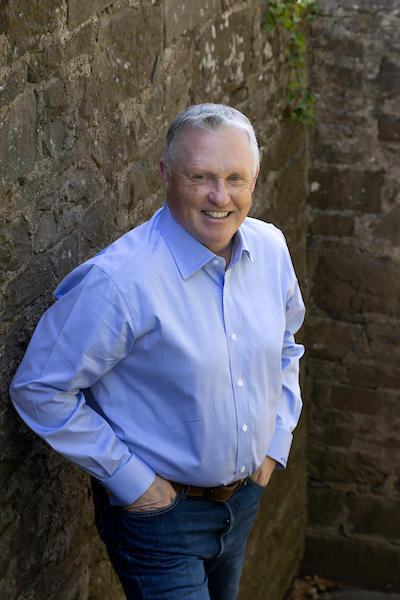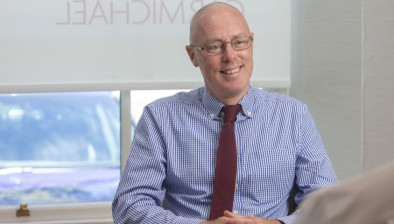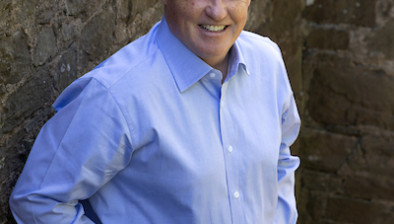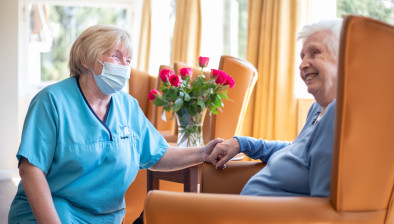Landmark ruling in favour of Balhousie Holdings sets important precedent for business

Tony Banks
A Supreme Court VAT ruling issued yesterday in favour of care home operator Balhousie Holdings has set an important precedent for UK business, according to legal experts.
The ruling - the culmination of a lengthy legal battle dating back to 2015 - hinged on the process in which Balhousie, owner of Scottish-based Balhousie Care Group, engaged in the sale and leaseback of one of its care homes.
The Value Added Tax Act 1994 makes a zero VAT allowance for companies that are involved in the construction or conversion of buildings used for relevant residential or charitable purposes. If the building use is changed or the company disposes of the property, then that zero VAT allowance is ‘clawed back’ and the company is expected to pay VAT.
The judges at the Supreme Court decided that the transaction did not trigger one of the ‘claw back’ criteria and therefore agreed that the zero VAT allowance should still apply.
Lucy McCann, litigation partner at Brodies LLP who advised Balhousie, said: “We expect the Supreme Court’s ruling on Balhousie’s case to have a significant impact on the use of sale and leaseback structures, providing clarity that such vehicles can retain a zero rating for VAT, if appropriately structured. This decision extends beyond the care home sector and will be welcomed by both business and professional advisers.”
Tony Banks, chairman of Balhousie Care Group, which celebrates its 30th anniversary this year, added: “This is not only a historic victory in the legal sense but also for the business community as a whole. I am delighted with the unanimous Supreme Court ruling and proud that we kept the faith during what became a lengthy and costly legal process. Huge thanks are due to Brodies for navigating previously uncharted legal territory.”










